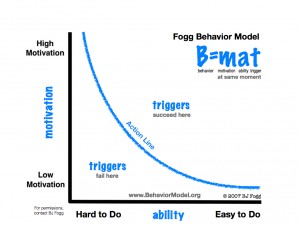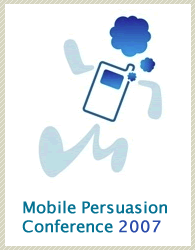Health Behavior: Designing for Persuasive Behavior Change
A Visual Toolkit for Navigating the 15 Types of Behavior
The Health Behavior Cards outline in a clear, succint, visual way the 15 types of behavior in the Fogg Behavior Grid.
You can download the cards by going here.
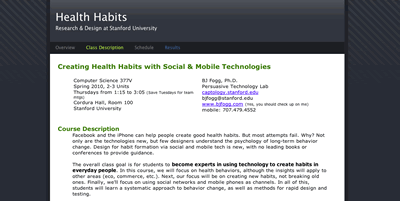
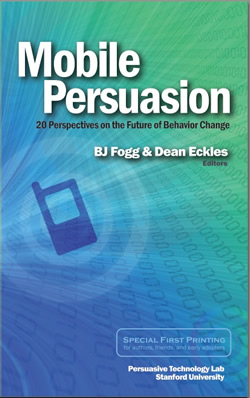
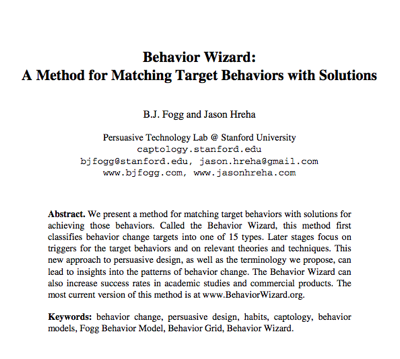
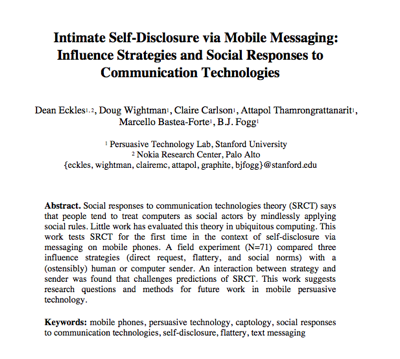
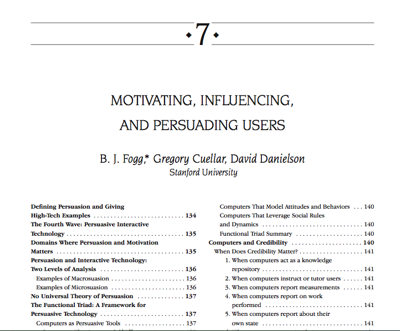
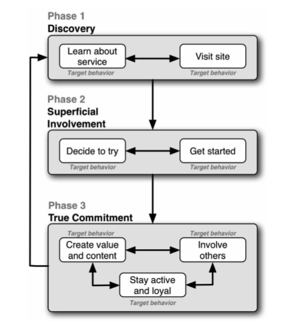 How Successful Web Services Structure Persuasion
How Successful Web Services Structure Persuasion